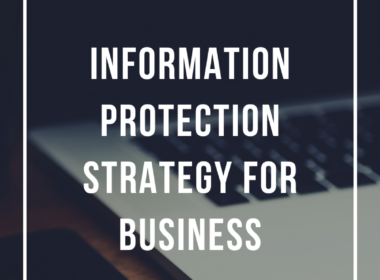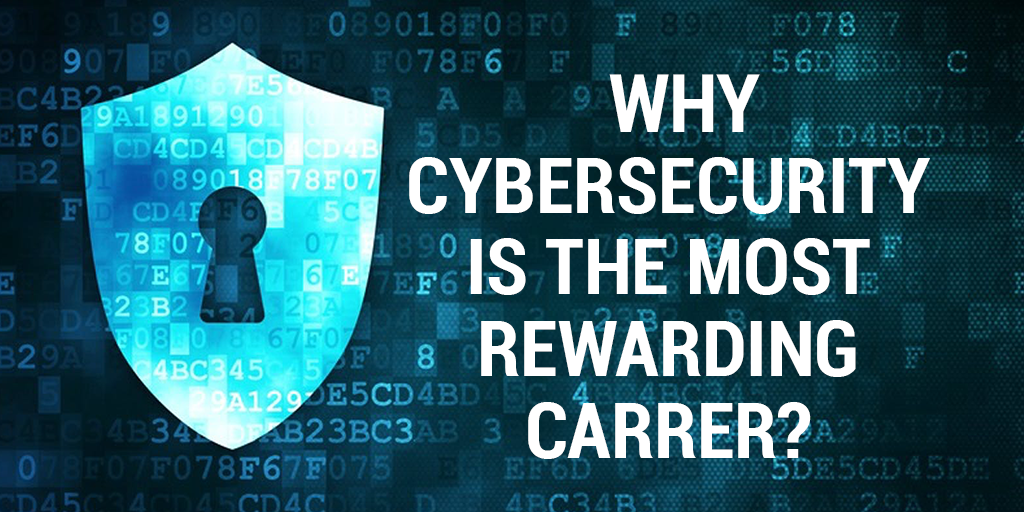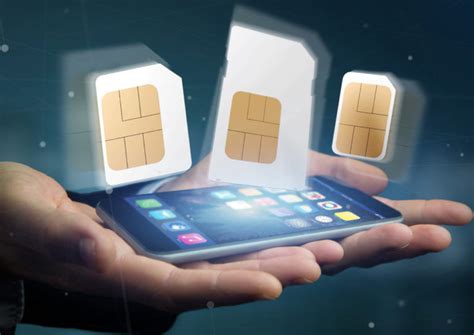If I have seen further than others, it is by standing upon the shoulders of giants. These wise words of Sir Isaac Newton have been my truth. Have you ever reflected on the successes in your life and wondered who helped you along the way? Sometimes people feel they got where they are by themselves, but if you cut through the surface, you will see that they had loads of help. We can all benefit from mentoring, and I don’t mean structured mentorship programs that seem forced. I suggest we structure and promote mentoring differently (check out ElevatHer, which is worth trying for tech women).
My stories for you today begin with some encounters that positively changed my life. Years ago, while seeking new job opportunities, I recall discussing my cybersecurity-related career goals and aspirations with an experienced professional. Based on his advice, my surgeon, into Information security advisory, started. It did not seem fancy, but I was encouraged to act, and I am all the better. At a time, I struggled to manage the home front and my job and thought to quit work, but with advice from both experienced and working women, I was
empowered to take charge. Lastly, I had messed up just before a meeting, and my mentor, who showed up at the scene, made me see my wrong, even though I had valid reasons for my reaction, she talked me through better ways to handle a situation like that, and that experience changed me. Through her, I learned technical and soft-skills, poise, tenacity, and temperance. My experiences corroborate Karen Russel’s thoughts on mentoring, as she suggests, mentorship is a relationship that helps people find their best use. It can be for different durations: a moment, a season, or a lifetime. Mentors are there to say, “look, it’s not as hard as you think.”
As a mentor and mentee in this space, I have three remarkable tips from my unique perspective that unveil the unlimited power of mentorship when adopted differently.
First, why should individuals, organizations, and the cybersecurity industry leverage mentorship?
(i) mentors inspire
(ii) people are your most valuable asset.
(iii) people come into your life for a reason, season, or a lifetime!
(iv) mentoring is satisfying and fulfilling. My biggest satisfaction from mentoring is seeing people’s goals and interests turn into reality.
Secondly, although two broad types of mentoring programs exist (formal and informal), there are other derivatives such as the conventional one-on-one mentoring where you draft behind someone willing to share their knowledge and experience. Group mentoring, where a single mentor mentors many mentees. To distance mentoring, where both parties are in different locations and Peer mentoring, this is a mentoring arrangement with a peer with varying skills set from yours.
Mentoring Tips to Help You Unleash the Unlimited Power of Mentorship
Here are some mentoring tips to help you unleash the unlimited power of mentorship:
Deal with the different views and expectations
According to research, approximately 40 different definitions of mentoring have been used since 1980. It is a big deal that we define mentoring differently. We rarely talk about this because the term mentoring is familiar. Hence we hardly take time to articulate what our expectations are. Mentees must sit and articulate their expectations. If your mentor defines mentoring as helping you network or introducing you to people that can help you with your goals and your interpretation of mentoring is someone who frequently discusses your career goals over lunch, then there is a problem. Our focus must be on the desired achievement, which is the type of support required for all parties involved.
Don’t look for super mentors, find your people, and cultivate your team
When mentees make a long list of goals, going to meet one person to help you with that list can be overwhelming. Try to identify the right individuals to help you with each or some goals. The way I see it; everyone has something unique to offer; the critical thing is leadership. From reality tv, we see mentors displaying different capabilities and leadership styles. e.g., from Chef Ramsey of hell’s kitchen (British chef, restaurateur, food critic), to Tyra Banks of America’s next top model (producer, model, tv personality), and the mentors in Shark tank (where aspiring entrepreneurs pitch to panel investors and persuade them to invest and support them). These examples reveal the varying strengths of mentors in real life. It took a group to whip me into form as I have had more than nine mentors! Let me explain. I have come to realize that there is no such thing as a Super mentor! It does not exist anywhere. While being enamored by the thought of working with a particular mentor for validation, I want someone who’d give me tough love to do my best work, and another to coach and help me hone my craft. I bet you’d want that? Hence, select your mentors carefully. Think about who is on your team? What group of people do you need to bring together to support your goals?
Take deliberate steps to nurture the mentoring relationship
It takes two! Proper mentoring doesn’t just happen. The truth is that mentors don’t get the same fulfillment from mentoring everyone. Research shows that reciprocal exchanges yield purpose, gratitude, and maintains mentorship, while non-reciprocity leads to the withdrawal of support. The motivation to invest in mentees hinges on the strength of the relationship. For example, I have a mentee (introduced to me by a trusted friend) who managed to build a mutually beneficial relationship with me even though we have never met. How was she able to do that? By engaging, asking the right questions, and it has been reciprocal and rewarding. Mentors are okay when people think about themselves. Still, they also want people who think about reciprocity (it could be as little as showing commitment to the mentoring relationship, expressive acts of service, reciprocal care and gratitude, or sharing accomplishments). So, think about not only what you get from your mentors but what you potentially must give. Be engaging, ask the right questions, and think reciprocity!
Bringing it all together
This year, as we seek strategies to thrive in our careers and to attract, retain, and nurture talents in the tech and cybersecurity community, leveraging mentoring is vital. It doesn’t have to be a significant time suck for mentors as we rise by lifting others – you can mentor for a minute and still be effective. For mentees, you need to know that you are in the driver’s seat. It is not up to your mentor to establish the relationship, don’t expect your mentor to understand how to mentor you. Show up prepared!
To navigate through rocky waters, focus on the necessary support required by addressing the difference in expectations, create a team to support your unique goals, and nurture the mentoring relationship.
About Author
Nkiruka Aimienoho is a security and resilience strategic leader with over a decade’s experience leading large-scale strategic initiatives. As PwC Nigeria’s Senior Manager – cybersecurity and resilience, she oversees cybersecurity, resilience, I.T standards, and privacy services. Her team helps thousands of organizations, and millions of people stay secure and resilient. Before joining PwC, she led the largest consulting workforce at Africa’s elite InfoSec GRC consulting firm – Digital Jewels limited.
She is the founder of InfoSec Amazons, a non-profit initiative with the mission of supporting women in information security at entry and mid-level career levels.












